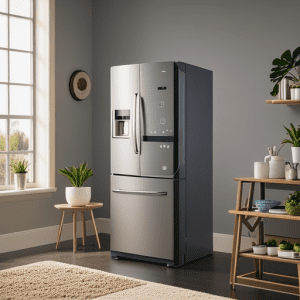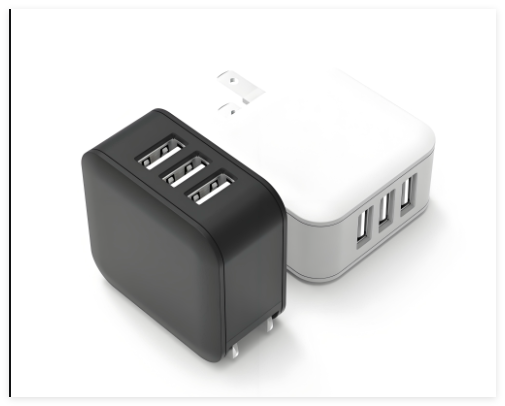The Evolution of Smart Home Appliances: Exploring Samsung, Xiaomi, and Tata’s Innovations
Samsung’s Pioneering Role in Smart Home Appliances1
Samsung, a South Korean conglomerate renowned for its cutting-edge technology, has been at the forefront of smart home appliances innovation. Their range of smart home devices includes smart fridges, washing machines, and air conditioners that are not only energy-efficient but also seamlessly integrate with other smart devices to create a connected home ecosystem. Samsung’s smart appliances are designed to enhance the user’s lifestyle by offering convenience and efficiency through features such as remote control, voice command compatibility, and advanced diagnostic capabilities. With a focus on sustainability and user experience, Samsung continues to push the boundaries of what smart home appliances can achieve.

Xiaomi’s Affordable Smart Home Solutions2
Xiaomi, a Chinese electronics company, has made a significant impact on the smart home market by offering a wide array of affordable smart home appliances. From smart TVs and air purifiers to robot vacuums and smart lighting, Xiaomi’s products are known for their competitive pricing and robust functionality. The company’s approach to smart home technology emphasizes ease of use and accessibility, making it an attractive option for consumers looking to upgrade their homes without breaking the bank. Xiaomi’s smart home devices are often praised for their user-friendly interfaces and compatibility with various smart home platforms, allowing for a customizable smart home experience.
Tata’s Entry into the Smart Home Appliances Arena3
Tata, an Indian multinational conglomerate, has recently ventured into the smart home appliances market, bringing its expertise in technology and manufacturing to create a range of innovative products. Tata’s smart home appliances are designed with the Indian consumer in mind, offering solutions that cater to local needs and preferences. The company’s smart home offerings include smart air conditioners, refrigerators, and washing machines that are energy-efficient and come equipped with features such as remote monitoring and control. Tata’s entry into this space signifies the growing global interest in smart home technology and the potential for regional players to make a mark in this dynamic industry.
Diverse Landscape of Smart Home Appliances Brands4
The smart home appliances market is characterized by a diverse landscape of brands, each bringing its unique offerings and innovations to the table. From established electronics giants like Samsung and LG to tech startups focusing on niche smart home products, the competition is fierce. Brands are constantly innovating to stay ahead, offering devices that are not only smart but also sustainable, user-friendly, and aesthetically pleasing. The market is also witnessing a trend towards interoperability, with brands working to ensure their devices can work together within a unified smart home ecosystem. This diversity in brands and products ensures that consumers have a wide range of options to choose from when building their smart home.
In conclusion, the smart home appliances industry is rapidly evolving, with companies like Samsung, Xiaomi, and Tata leading the charge with their innovative products. As the market continues to grow and mature, consumers can expect to see even more advanced and integrated smart home solutions that make their lives more comfortable, efficient, and connected. The future of smart home appliances is bright, promising a smarter, more connected way of living for all.



Post Comment